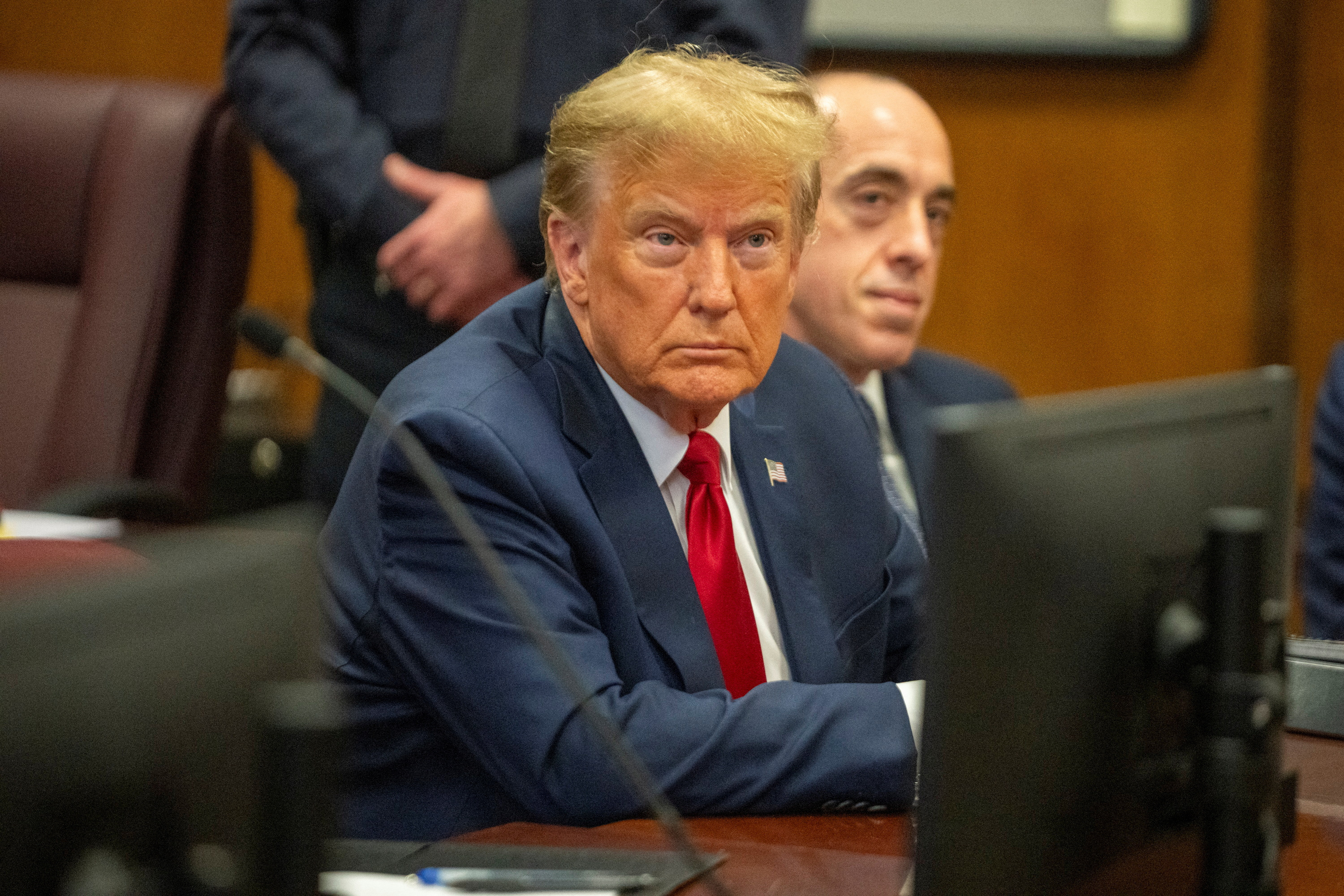According to sources, Republican presidential frontrunner Donald Trump has purportedly expressed support for a 16-week national abortion ban, with exceptions for cases involving rape, incest, or when the mother’s life is at risk. The revelation, attributed to anonymous sources, sheds light on Trump’s stance on a contentious issue that has long divided the American public.

Response to the Campaign
The Trump campaign issued a statement dismissing it as “fake” and reiterated Trump’s commitment to negotiating a deal satisfactory to all parties involved. However, the statement offered no specifics on the nature of such a potential agreement. The reported decision to keep Trump’s views private reflects a strategic move to avoid alienating conservative voters prematurely, particularly as he navigates the path to securing the Republican presidential nomination.
Navigating Political Dynamics
As Trump vies for the Republican nomination, his primary rival, former U.N. ambassador Nikki Haley, remains in contention, refusing to withdraw from the race. Trump’s calculated approach to abortion policy aligns with his broader political strategy, which involves appealing to conservative factions within the party while maintaining a degree of ambiguity on sensitive issues until a later stage in the campaign.
The Impact on Abortion Rights
Trump’s presidency has left a significant imprint on the composition of the U.S. Supreme Court, with the appointment of three conservative justices tipping the ideological balance in favor of a conservative majority. This shift played a pivotal role in the overturning of Roe v. Wade in 2022, a landmark decision that recognized a woman’s constitutional right to abortion. Despite this, Trump has been reticent in publicly articulating his stance on abortion, citing its potential electoral ramifications for the Republican Party.
Election Dynamics and Policy Priorities
In anticipation of a potential face-off between Trump and Democrat Joe Biden in the upcoming presidential election, abortion rights have emerged as a prominent issue. Biden and the Democratic Party have positioned themselves as staunch defenders of abortion rights, framing access to abortion as a fundamental aspect of personal freedom that Republicans seek to curtail. Conversely, anti-abortion advocates, bolstered by support from Christian evangelical groups, argue for stricter regulations at both state and national levels, contending that abortion infringes upon the sanctity of human life.
Legislative Responses to the Issue
The aftermath of the Supreme Court’s decision has seen a wave of restrictive abortion laws enacted in nearly two dozen states by Republican lawmakers. These measures underscore the enduring significance of abortion policy as a focal point of contention in American politics and highlight the ongoing battle over reproductive rights and healthcare access.
/cdn.vox-cdn.com/uploads/chorus_image/image/71015945/1241507087.0.jpg)
As the presidential race intensifies, the debate surrounding abortion rights and restrictions is poised to remain a central issue, shaping the policy agendas of both major parties and influencing voter sentiments in the lead-up to the November election.